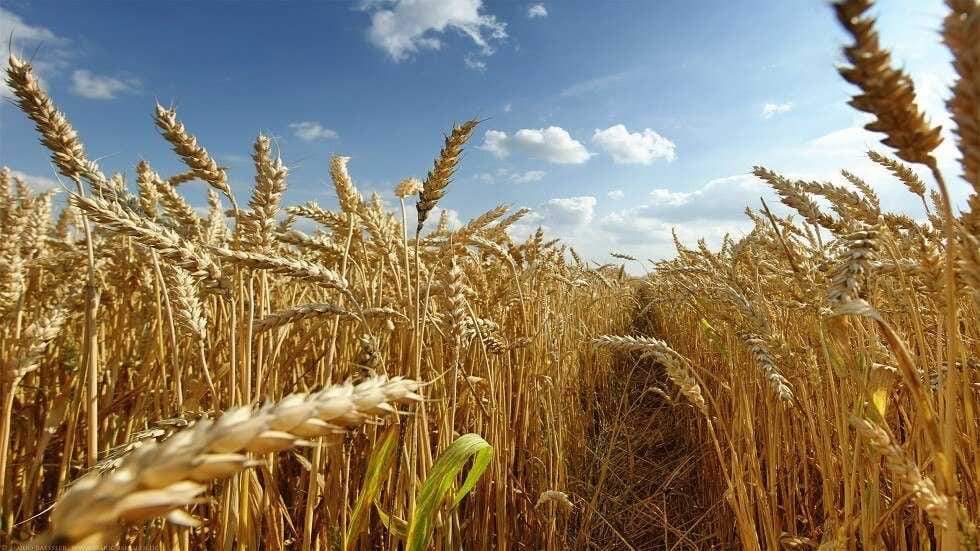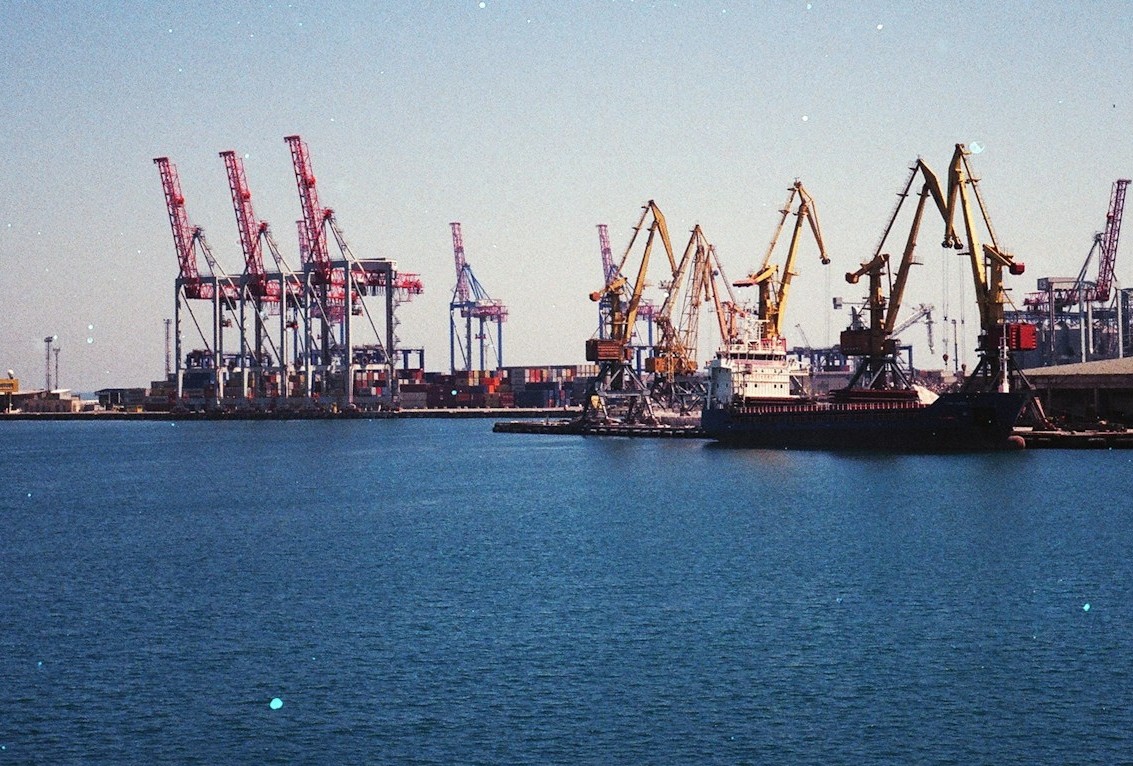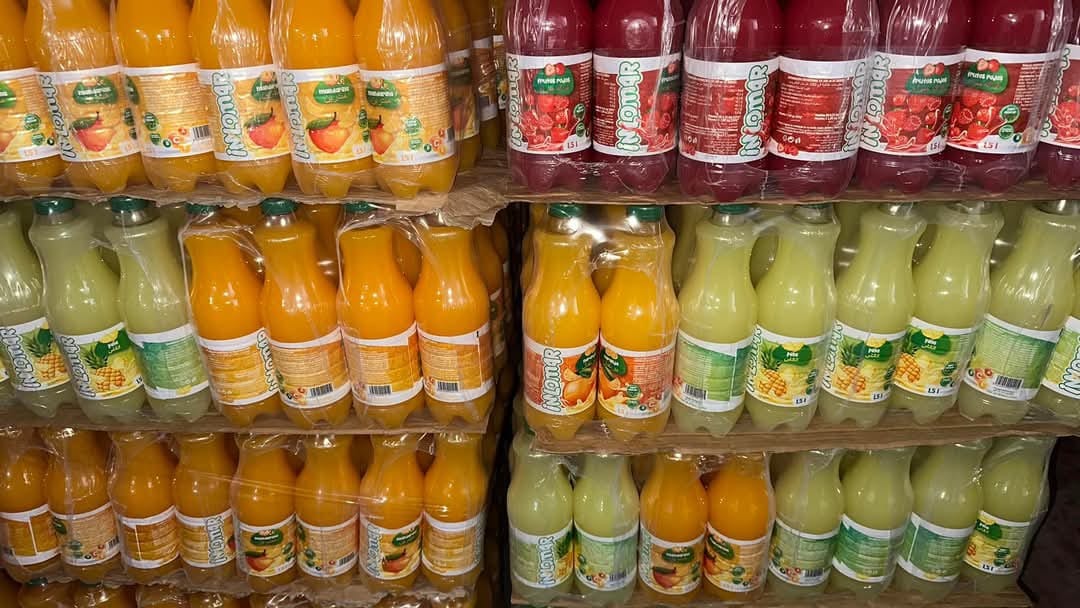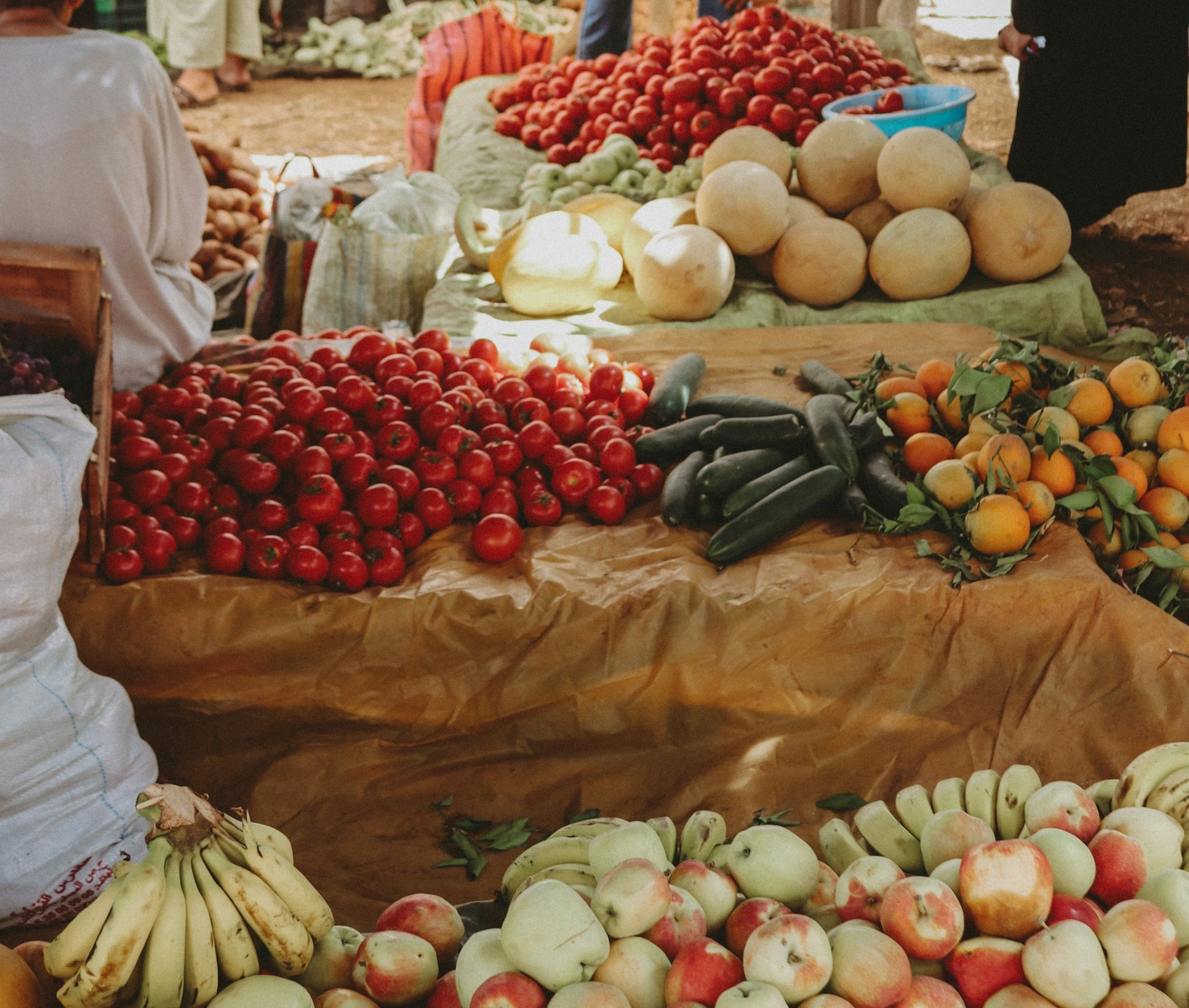Casablanca – In a significant shift within the global grain market, Morocco has dramatically increased its wheat imports this year, with Russia now leading as the country’s top supplier, surpassing France for the first time in several years. This change has been driven by a combination of falling global wheat prices and a dramatic reduction in France’s soft wheat production.
Russia emerges as dominant supplier
During August 2024, Morocco imported approximately 4.3 million quintals of soft wheat. Of this, Russia supplied nearly 1.92 million quintals, making it the largest single source of wheat for Morocco. This shift is notable, as France, which had long been Morocco’s primary supplier, provided only 0.33 million quintals during the same period. Other notable suppliers included Romania, Ukraine, and Turkey.
The substantial increase in Moroccan wheat imports can be attributed to several factors. Firstly, France has experienced its lowest wheat harvest in decades, with estimates placing this year’s production at around 25.17 million tons—significantly below the usual 35 million tons. This decrease has been attributed to adverse weather conditions and other agricultural challenges, which have constrained France’s export capacity.
Market dynamics and import trends
The global wheat market has seen a significant decline in prices, particularly within the European Union, creating a favorable environment for importers. Moroccan importers have taken advantage of these lower prices, increasing their purchases to build reserves and mitigate any potential future price hikes. The price of wheat, which had been on a downward trend, began to rebound slightly towards the end of August, prompting importers to act quickly to secure lower rates.
The National Federation of Grain and Legume Traders (FNCL) highlighted that Morocco’s import volume in August was more than sufficient to meet the domestic milling industry’s average monthly demand of 4.25 million quintals. The increased supply of wheat, particularly from Russia, is expected to stabilize prices in the domestic market and ensure that Morocco’s milling sector remains well-supplied.
Implications and future outlook
The rise of Russia as Morocco’s leading wheat supplier reflects broader changes in global grain trade dynamics. With France’s production challenges and fluctuating market conditions, Morocco has diversified its sources of wheat to secure its food supply. This strategic move helps mitigate risks associated with relying on a single supplier and ensures a steady flow of essential agricultural products.
As Morocco continues to navigate these market shifts, the emphasis on securing stable and cost-effective grain supplies will remain crucial. The country’s proactive approach to importing wheat in response to changing global conditions demonstrates a robust strategy to safeguard its food security and manage price volatility in the agricultural sector.
















